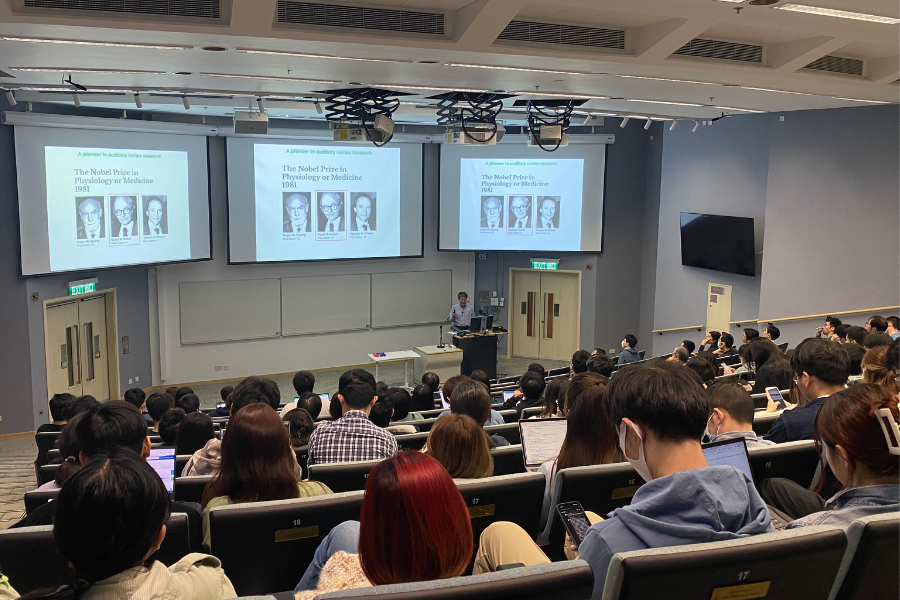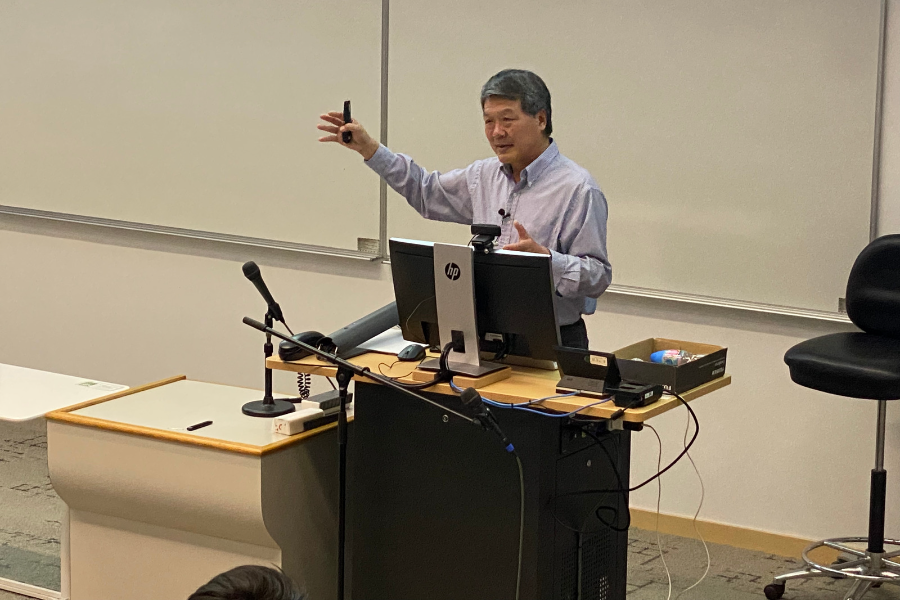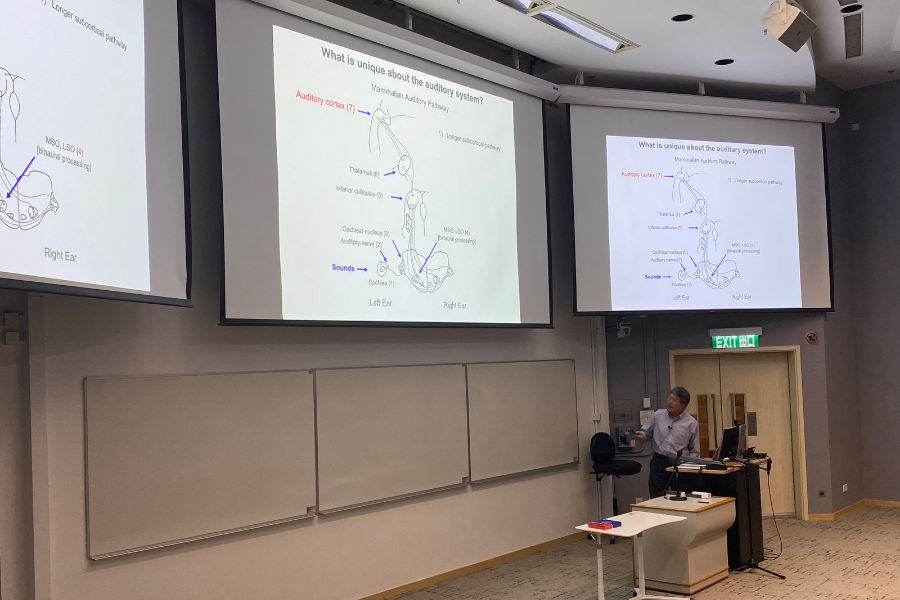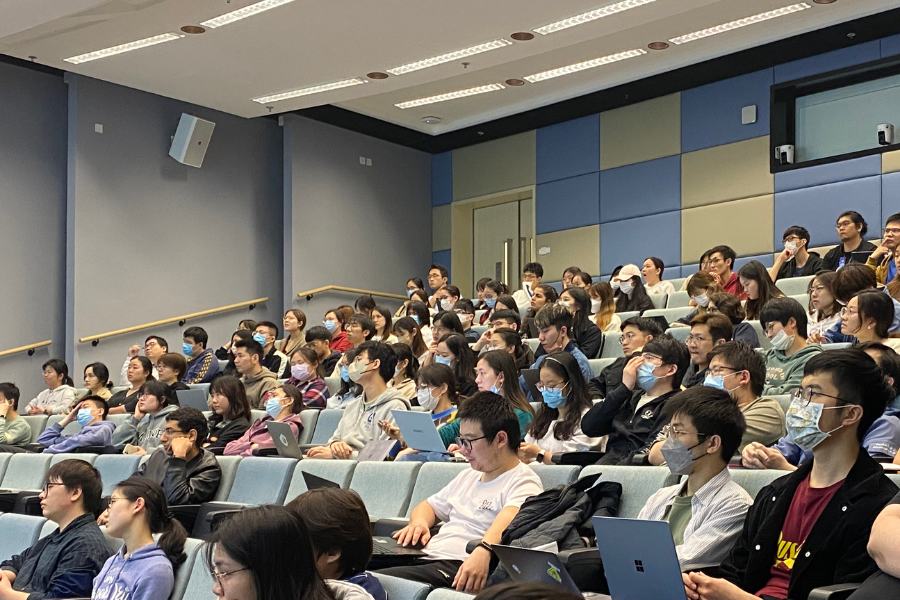Computational Principles of Auditory Cortex
Abstract
Auditory cortex is located at the top of a hierarchical processing pathway in the brain that encodes acoustic information. This brain region is crucial for speech and music perception and vocal communication. Auditory cortex has long been considered a difficult brain region to study and remained one of less understood sensory cortices. Studies have shown that neural computation in auditory cortex is highly nonlinear. In contrast to other sensory systems, the auditory system has a longer pathway between sensory receptors and the cerebral cortex. This unique organization reflects the needs of the auditory system to process time-varying and spectrally overlapping acoustic signals that enter the ears from all spatial directions at all times. Unlike visual or somatosensory cortices, auditory cortex must also process and differentiate sounds that are externally generated or self-produced (during speaking). Neural representations of acoustic information in auditory cortex are shaped by auditory feedback and vocal control signals during speaking. The speaker’s laboratory has developed a unique and highly vocal non-human primate model (the common marmoset) and quantitative tools to study neural mechanisms underlying auditory perception and vocal communication.
About the Speaker
Prof. Wang Xiaoqin received his BS in Electrical Engineering at Sichuan University in 1984 and his MS in Electrical Engineering and Computer Science at the University of Michigan in 1986. He completed his PhD in Biomedical Engineering at Johns Hopkins University in 1991, and subsequently conducted a postdoctoral fellowship in Cortical Neurophysiology at the University of California, San Francisco. In 1995, he returned to Johns Hopkins University and is currently a Professor of Biomedical Engineering, Neuroscience and Otolaryngology. He is also the Director of Laboratory of Auditory Neurophysiology there.
Prof. Wang’s research interests include neurophysiology of the auditory cortex, neural mechanisms of speech perception and learning, and computational neuroscience. His research aims to understand brain mechanisms responsible for auditory perception and vocal communication in a naturalistic environment. He has served as the Advisory Board Member of Trends in Neurosciences, the Editorial Board Member of Hearing Research and the Associate Editor of Current Research in Neurobiology.
Prof. Wang is the recipient of 1999 US Presidential Early Career Award for Scientists and Engineers. In 2013, he was elected a Fellow of the American Institute for Medical and Biological Engineering.
For Attendees' Attention
Seating is on a first come, first served basis.






